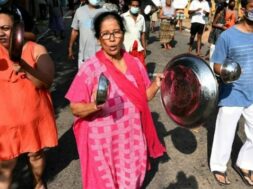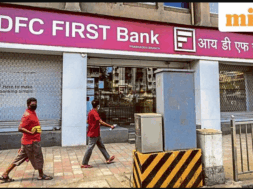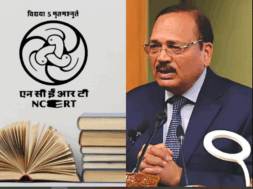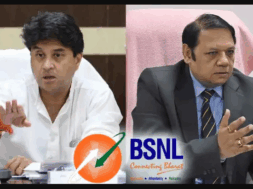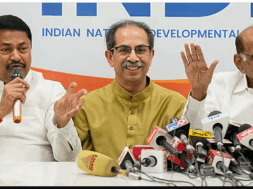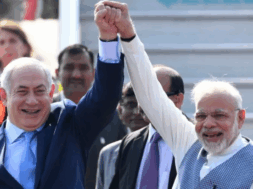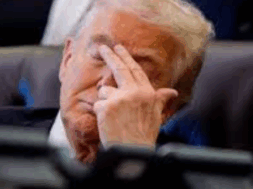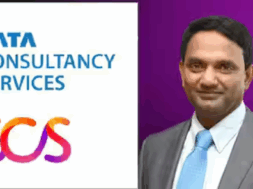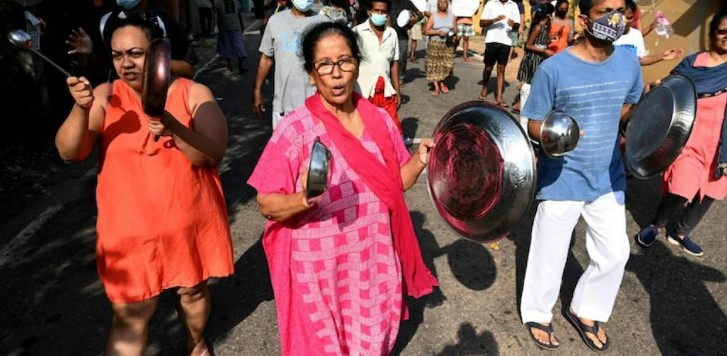
Economic crisis: Sri Lanka coming to a grinding halt; citizens to stay home
Virendra Pandit
New Delhi: With its crisis-ridden economy crumbling further, Sri Lanka is coming to a grinding halt, as the government has directed citizens to stay at home.
Sri Lanka could not finance the import of food, medicines, or fuel since late last year and faced unprecedented social and political unrest in the last few months, forcing Prime Minister Mahinda Rajapakse out of the job.
Covid-19 took a heavy toll on the island country as its tourism sector collapsed and jobless expatriates could not remit money from overseas. This double whammy dried up Sri Lanka’s foreign currency reserves and made the import of food and fuel impossible.
Facing an unprecedented economic meltdown since March, the island nation has run out of fuel. Officials ensure that only essential services operated after Monday midnight.
The situation is so grim that in many Sri Lankan areas, four out of five people are skipping a meal daily as they cannot afford to eat, the media, quoting the United Nations, said. The World Food Programme said recently it began distributing food vouchers to about 2,000 pregnant women in parts of Colombo.
The essential services include health, law and order, ports, airport, food distribution, and agriculture. All non-essential services have been suspended until July 10, and they reserved the existing fuel stocks only for the essential services. The government has also introduced a token system to distribute fuel. In some places, Sri Lankan troops had to open fire to contain riots at fuel stations.
“From midnight today, we will sell no fuel except for essential services like the health sector, because we want to conserve the little reserves we have,” the media reports quoted government spokesperson Bandula Gunawardane as saying.
The government had already closed schools and directed employees of private offices to work from home. They have also asked officials of some government departments to work from home.
This is the first time since Sri Lanka’s Independence from Britain in 1948 that the island nation of 22 million people has run out of fuel. Since January, the price of fuel has jumped five-fold. With the last hike taking effect yesterday, the price of diesel jumped to SLR 460 while petrol is retailing at SLR 550 per liter.
Amid the worsening situation, there is no clarity on new shipments of oil. Officials urged citizens to peacefully queue up at fuel stations if it becomes available. Without pre-payment, however, even suppliers are not ready to deliver fuel shipment. No further shipments have been scheduled as the country has run out of dollars.
Meanwhile, according to reports, Sri Lankan ministers will soon travel to Russia and Qatar to discuss more fuel for the country. The International Monetary Fund (IMF) is in Sri Lanka for talks on a possible bailout package.
Earlier this month, the Public Administration Ministry ordered all departments, public institutions, and local councils to maintain only skeleton services in view of the fuel shortage.
“Because of scarce public transport and the inability to arrange private vehicles, we decided to drastically curtail the number of employees reporting to work,” the ministry’s order said.
